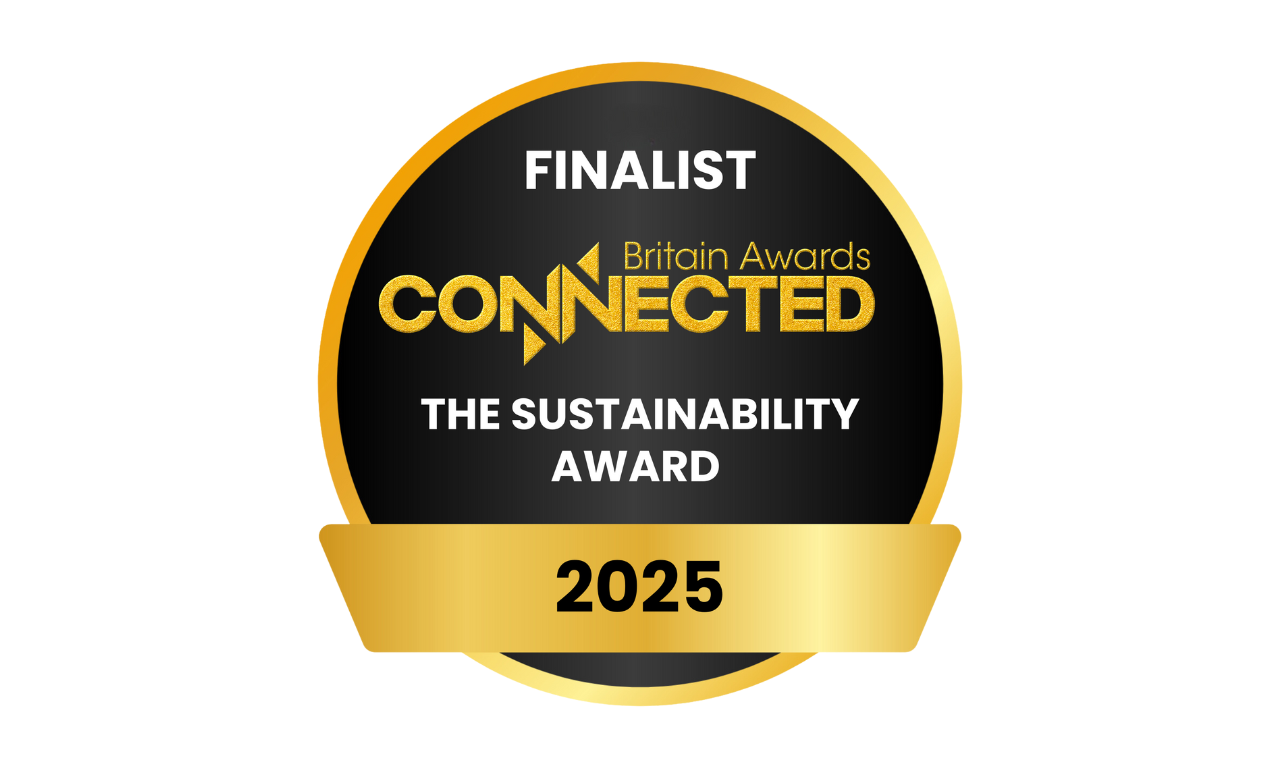
Challenge
In this real life example, our client – a major high street retailer with over 2,500 stores throughout the UK, needed a partner to help support and improve their corporate social responsibility (CSR) strategy. But at the same time wanted to recover maximum value for its redundant and obsolete point of sale equipment and electronic waste.
A key challenge for our client was finding a provider that could deliver a turnkey asset recovery program with truly end-to-end asset recovery solutions. In addition, the results needed to be reported to a professional standard to meet the client’s individual requirements and harmonise with their best practice scorecard model for CSR management.

Solution
From the initial consultation it was clear that our flexible approach was the perfect fit for the client’s needs. We planned to construct a customised, end-to-end asset recovery framework backed by all the relevant certifications and a transparent audit trail.
To streamline development and coordination of their project, we matched the client with a dedicated Account Manager. At TXO, it’s important to us that our clients have a single point of contact on hand to answer any questions throughout the lifetime of a project.
Through close consultation, we helped our customer to identify new asset recovery opportunities, divert material from landfill and achieve their environmental CSR targets.
Our turnkey solution included de-installation, collection, secure storage, resale and recycling solutions. This provided our client with the opportunity to recover maximum asset value from a single invoice.
We were able to give our client complete visibility of the whole process and a documented audit trail through the i-TRAC portal – our secure online platform that gives clients complete control and visibility over their inventory. The portal provides detailed financial summaries and graphical management reports. This data allows managers and planners to instantly locate parts, evaluate their inventory and track & measure asset resale campaigns. The software also supports the clients’ CSR agendas by tracking every part to the end of its service life.

Result
The whole process was streamlined, meaning our customer saved on internal resources and enabled them to obtain the highest possible yields and significant returns. OPEX costs were reduced by eliminating warehousing costs of obsolete inventory and obsolescence costs have been minimised by converting legacy assets into re-usable inventory, raw material or cash.
You might be interested in:

TXO named finalist for the Connected Britain Sustainability Award 2025
We’re thrilled to announce that TXO is a finalist for the 2025 Connected Britain Sustainability Award! This recognition celebrates the impact we’re making in helping organisations reduce waste, extend asset lifecycles, and adopt more sustainable, circular practices across the technology supply chain.

Planning your copper-to-fibre transition? Here’s how to do it sustainably
As telecom operators across the globe accelerate their transition from copper to fibre, the industry faces a critical question: how can we scale fibre networks in a way that’s both cost-effective and sustainable? TXO’s CTO, John Teasdale, joined a panel of global experts in a World Broadband Association (WBBA) webinar to address this challenge.

Bridging the digital divide: how sustainable tech practices can drive digital inclusion
As the world races ahead with digital innovation, millions remain unconnected. Bridging the digital divide isn’t just a moral imperative, it’s a strategic one. By embedding sustainability into telecom and tech infrastructure, we can drive both environmental progress and digital inclusion.
